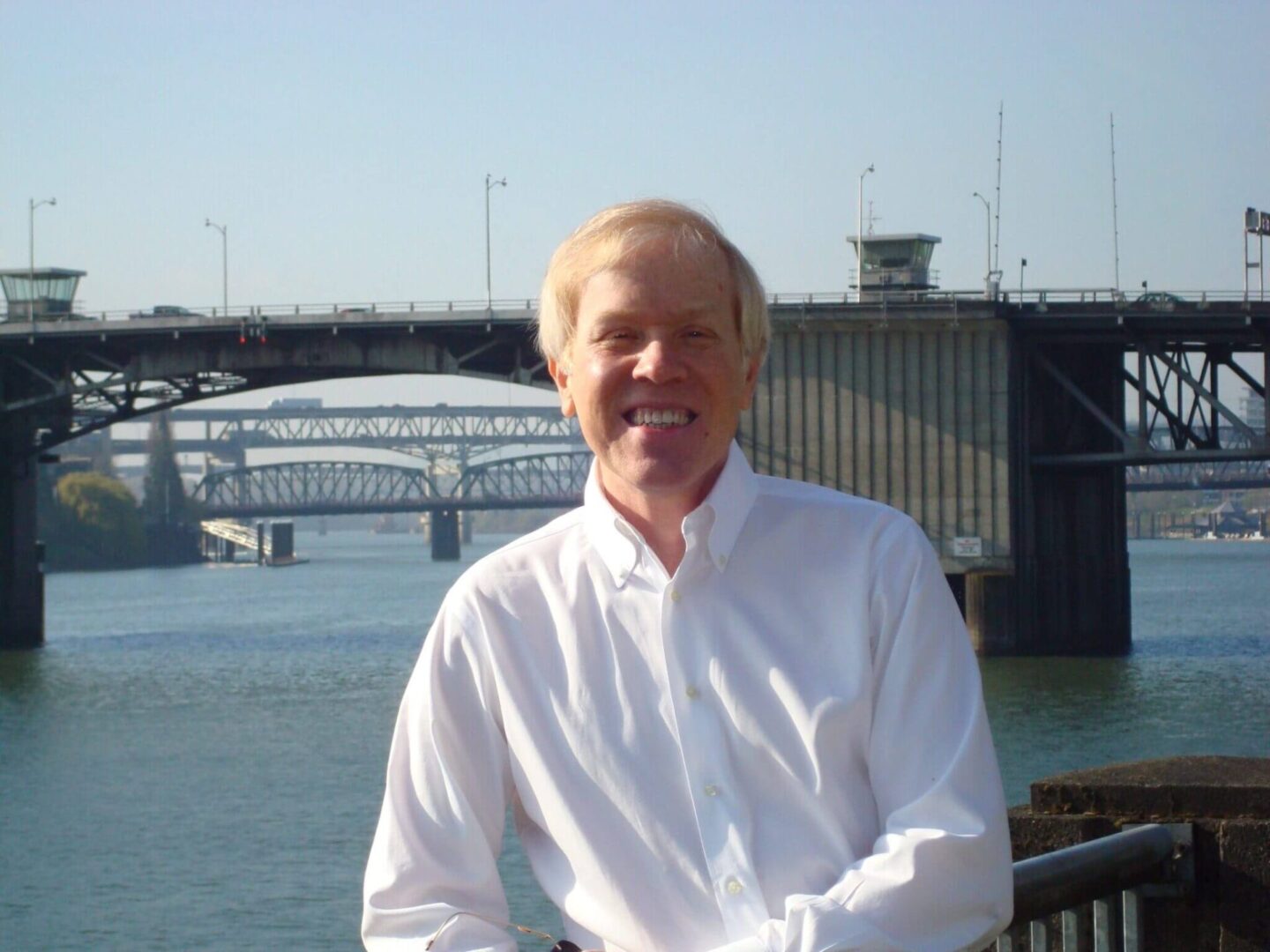We Ask Questions
About Values and Beliefs
Doing Research and Consulting
Turning values and beliefs research into actionable strategies to help organizations fulfill their missions



Informing Organizational Development
I founded NW Opinions because the old ways of doing values and beliefs research aren’t cutting it anymore. The impact of communication, demographic, and technological developments have resulted in the need for new approaches to opinion research to learn the values and beliefs people have and why they hold them. NW Opinions is about providing higher quality and more timely information to planners, policymakers, and communicators to help them with their job. Research designs that involve more qualitative research methodologies and triangulation are at the heart of the NW Opinions’ approach.
Why Choose Us

Research Expertise
Over four decades designing and administering values and beliefs research projects. Quantitative and qualitative.

Insightful Strategies
Advisor to leaders in the private, public, and non-profit sectors at the national, state, and local levels.

Ethical Standards
Quality controlled and qualified for validity and statistical reliability. Independent and Nonpartisan
Do You Need Help With
Our Values and Beliefs Research (Partial Listing)

Southern California Association of Governments: Conducted qualitative and quantitative values and beliefs research for the Growth Visioning Project to learn about Southern California residents’ awareness, perceptions, and priorities related to the future growth in the Southern California region, including public transit and safety.

Corporation for Public Broadcasting: Conducted in-depth interviews with opinion leaders and an in-depth statewide survey to measure values and beliefs about the future of public broadcasting. The research was part of an industry engagement and planning program being developed as a template for other states to use (conducted in Oregon in partnership with Oregon Public Broadcasting).

Northwest Evaluation Assessment: Conducted values and beliefs research with teachers in two urban areas (Atlanta and Boston), two suburban areas (suburbs of Dallas and Seattle), and two rural areas (outside of Minneapolis and Sacramento). Focus groups explored the full scope of teacher working conditions, and appropriate ranges of values for each, to formulate bundles for testing within a conjoint analysis survey.

Chalkboard: Surveyed 1,800 Oregonians statewide for the Foundations for a Better Oregon’s Chalkboard Project and for a decade assisted with additional baseline and benchmark values and beliefs research. Respondents were asked about their attitudes regarding K-12 education, including educational reform proposals.

US Forest Service: Conducted fifteen focus groups in five cities across the United States to identify urban values and beliefs related to natural resources conservation education. Information was used to understand what the public’s strongest concerns were about the environment and to develop effective natural resources conservation education programs.

Tennessee Valley Authority: Interviewed 3,600 randomly selected residents in a seven-state area and completed 7 qualitative large group studies using the Scaled Comparisons Technique (tradeoff methodology) to provide elaboration on the survey findings. Respondents were asked about the relative importance of electric power production, regional economic development, public recreation areas, and water and shoreline management. The information was used to improve customer service and assist with government relations.

Westinghouse and Premier Technology: Conducted values and beliefs research about energy generally, nuclear power, and small modular reactors and presented findings to a national conference (From Concept to Reality: Small Modular Reactors) held in Idaho Falls, home of the Idaho National Laboratory, the U.S. Department of Energy’s lead nuclear energy research laboratory.

Oregon Wave Energy Trust: Scientifically conducted opinion research to assess knowledge and attitudes towards wave energy to assist with planning and communications. The values and beliefs research included assessing attitudes statewide and in local communities. An online survey was also developed for stakeholder groups to use with their members.

Weyerhaeuser Company: Focus groups and survey research in Louisiana, Oregon, North Carolina, and Oklahoma to determine public values and beliefs about forest management and how to meet the desires of the public and increase the effectiveness of the company’s communications, informational, and marketing efforts.

Robert Wood Johnson National Health and Obesity Study: Conducted national values and beliefs research consisting of a survey and focus groups to learn about Americans’ awareness and perception of issues related to physical activity, exercise in daily life, and community design. The research was used to develop a national public education program.

Gordon and Betty Moore Foundation (Salmon Project): Qualitative and quantitative values and beliefs research to understand how Alaskans from diverse geographic and ethnic backgrounds view the role of wild salmon in the social, cultural, economic, and ecological life of the state.

NACWA: In-depth interviews, survey research, and consulting for the National Association of Clean Water Agencies to assist with planning and communications. The national study positioned NACWA to better influence important advocacy initiatives (e.g., changes to the Clean Water Act and infrastructure funding); identified improvements the association can bring to current members; and supported NACWA’s efforts to attract new members.

Community Health Priorities: We assisted the Northwest Health Foundation, the Public Health section of the Oregon Department of Human Services, and the Oregon Health Policy Commission to identify the values, beliefs, and priorities of Oregonians about the health of the public through survey and focus group research and public outreach.

CSX Corporation: Primary and secondary research using quantitative and qualitative methodologies to assess market demand in Germany, Japan, and the United States for a recreational real estate development adjacent to a world class resort on North Keyes Point, Lake Clark, Alaska. The values and beliefs research assisted the Lake Clark Partnership in appraising the merits of the proposed project.